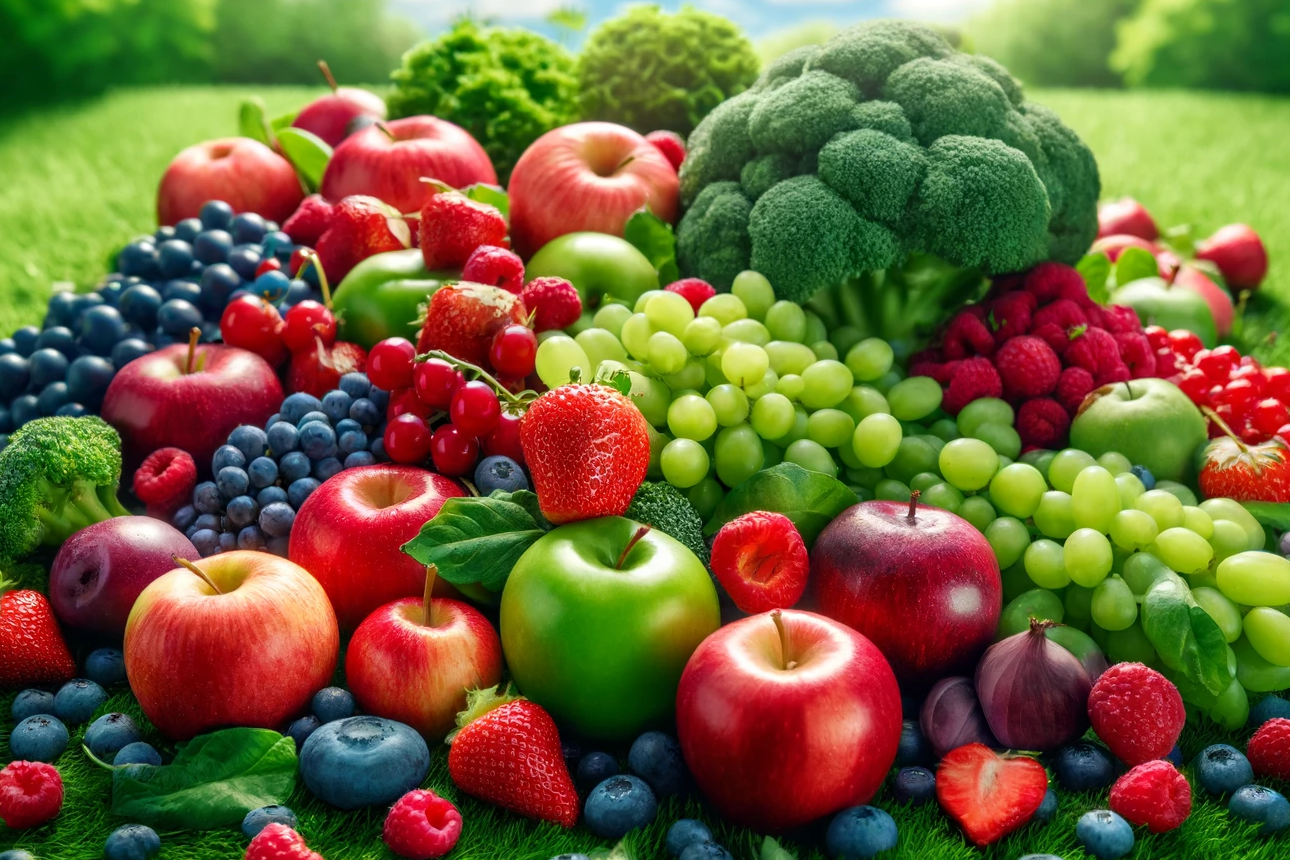Epicatechin

In the world of canine dietetics, there are a variety of ingredients that not only promote the general health of our four-legged friends, but can also significantly improve their well-being and quality of life. One such ingredient that has gained increasing attention in recent years is epicatechin. This article will take you on an informative journey through the world of epicatechin, highlighting what it is, its benefits, but also possible disadvantages for your dog's health.
What is epicatechin?
Epicatechin belongs to the group of flavonoids, more specifically to the so-called catechins, which are mainly found in certain plants such as green tea, cocoa and some fruits. These natural compounds are known for their antioxidant effect, which can benefit not only humans but also animals.
The role of epicatechin in the dog diet
Epicatechin plays an important role in the diet of dogs, mainly due to its antioxidant properties. Antioxidants are substances that can protect the body from the harmful effects of free radicals. Free radicals are unstable molecules that can damage cells and lead to various diseases and accelerated ageing.
Benefits of epicatechin for dogs
Support of the cardiovascular system
Epicatechin can support heart health in dogs by helping to improve blood vessel function. Studies have shown that epicatechin can help relax blood vessels, leading to better blood flow and oxygenation of the body.
Protection against cell damage
The antioxidant properties of epicatechin can help prevent cell damage caused by free radicals. This is particularly important as oxidative damage can lead to a variety of chronic diseases, including cancer.
Improving muscle health
There is evidence that epicatechin can improve muscle health and function. In dogs that regularly consume epicatechin in their diet, this could lead to an improvement in physical performance and a reduction in fatigue during physical activity.
Possible disadvantages and risks
Despite the many benefits of epicatechin, there are also some potential disadvantages and risks that should be considered.
Overdose and side effects
An overdose of epicatechin can lead to unwanted side effects, such as gastrointestinal problems or allergic reactions. It is important to know and observe the correct dosage to minimize such risks.
Interactions with medications
Epicatechin can interact with certain medications your dog may be taking.
Epicatechin offers a range of potential health benefits for dogs, from promoting heart health to protecting against cell damage. However, as with any dietary supplement, a balanced approach is key. Overdosing can lead to unwanted side effects, and the potential interactions with other medications should not be overlooked. Introducing epicatechin into your dog's diet should therefore always be done in consideration of the individual health situation and in consultation with a professional. Ultimately, when used responsibly, epicatechin can be a valuable addition to your dog's diet and contribute to a longer, healthier life.
If you notice any signs of hypersensitivity or poisoning in your dog, you should see your vet immediately. We are not a substitute for a vet, but we try to be as accurate as possible. Every dog reacts differently and we recommend you get a second opinion or consult your vet if in doubt.
Stay healthy and take good care of your four-legged friend!😊
Similar to Epicatechin
Catechins are a type of natural antioxidant belonging to the flavonoid group. They are found in many plants, but are best known in green tea. These molecules are responsible for a variety of...
Epigallocatechin gallate (EGCG for short) is a natural component of green tea. It belongs to the catechins, a group of secondary plant substances. Catechins have a high antioxidant potential, i.e....
Theaflavin is a polyphenol found in black tea and is responsible for the tea's characteristic color and taste. It is produced by the fermentation of tea leaves, during which the simple phenols...
Quercetin is a flavonoid that occurs naturally in many fruits and vegetables as well as in some cereals. Rich sources include apples, berries, broccoli, grapes and onions. It is known for its...



